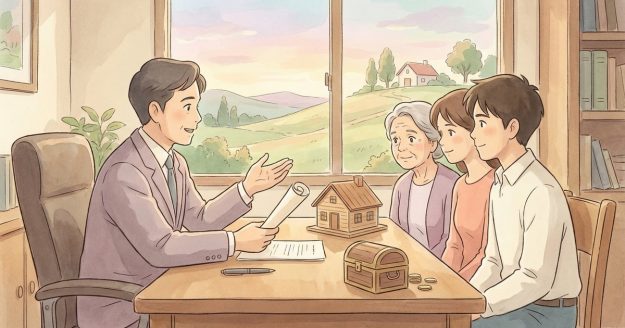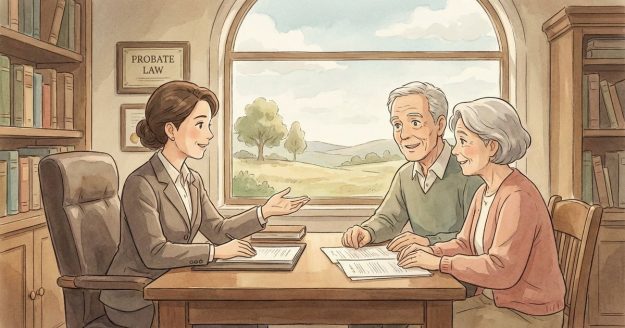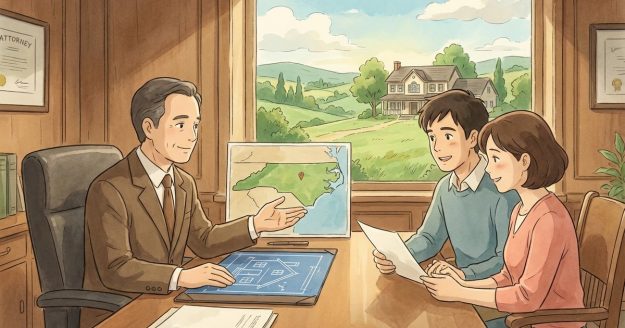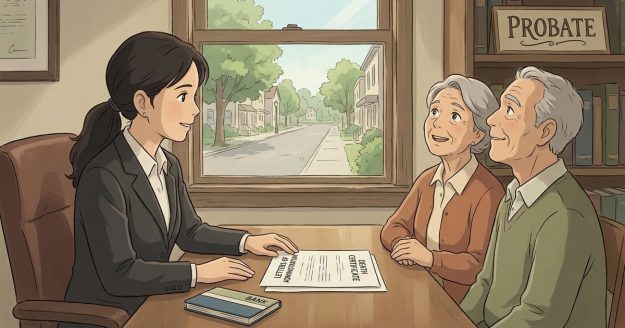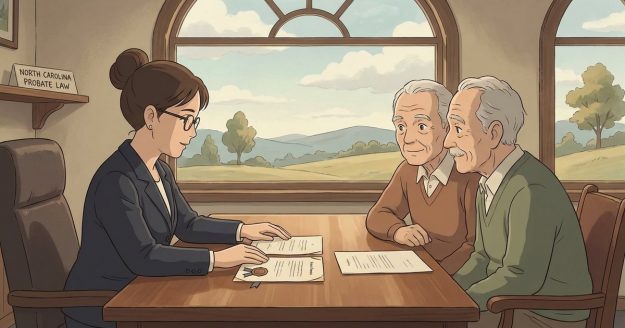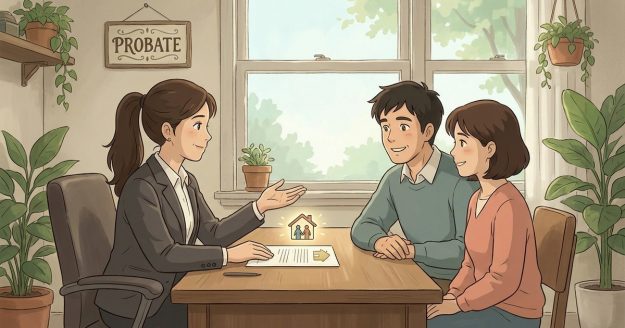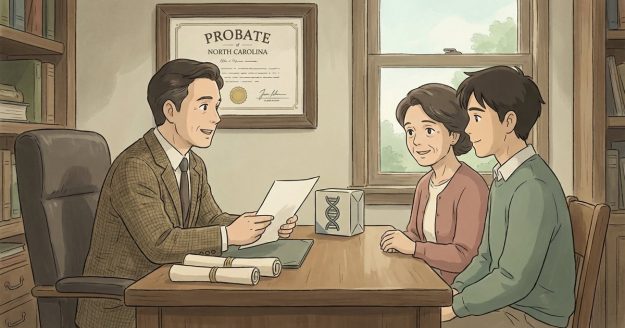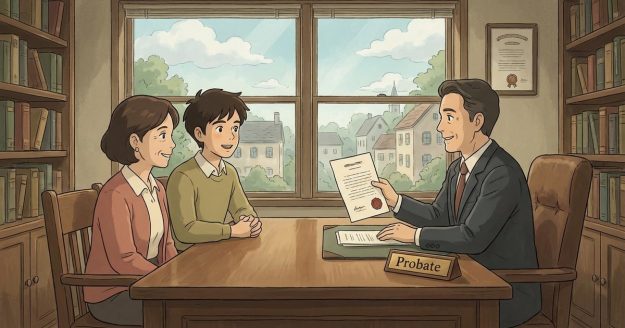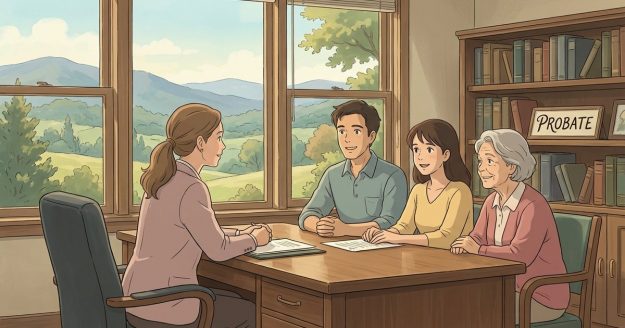If I sell estate real estate to an heir for more than the mortgage payoff to cover estate costs, is that allowed as long as it’s properly documented? NC
If I sell estate real estate to an heir for more than the mortgage payoff to cover estate costs, is that allowed as long as it’s properly documented? – North Carolina Short Answer Yes—under North Carolina probate practice, estate real estate can be sold to an heir for more than the mortgage payoff, and the…

